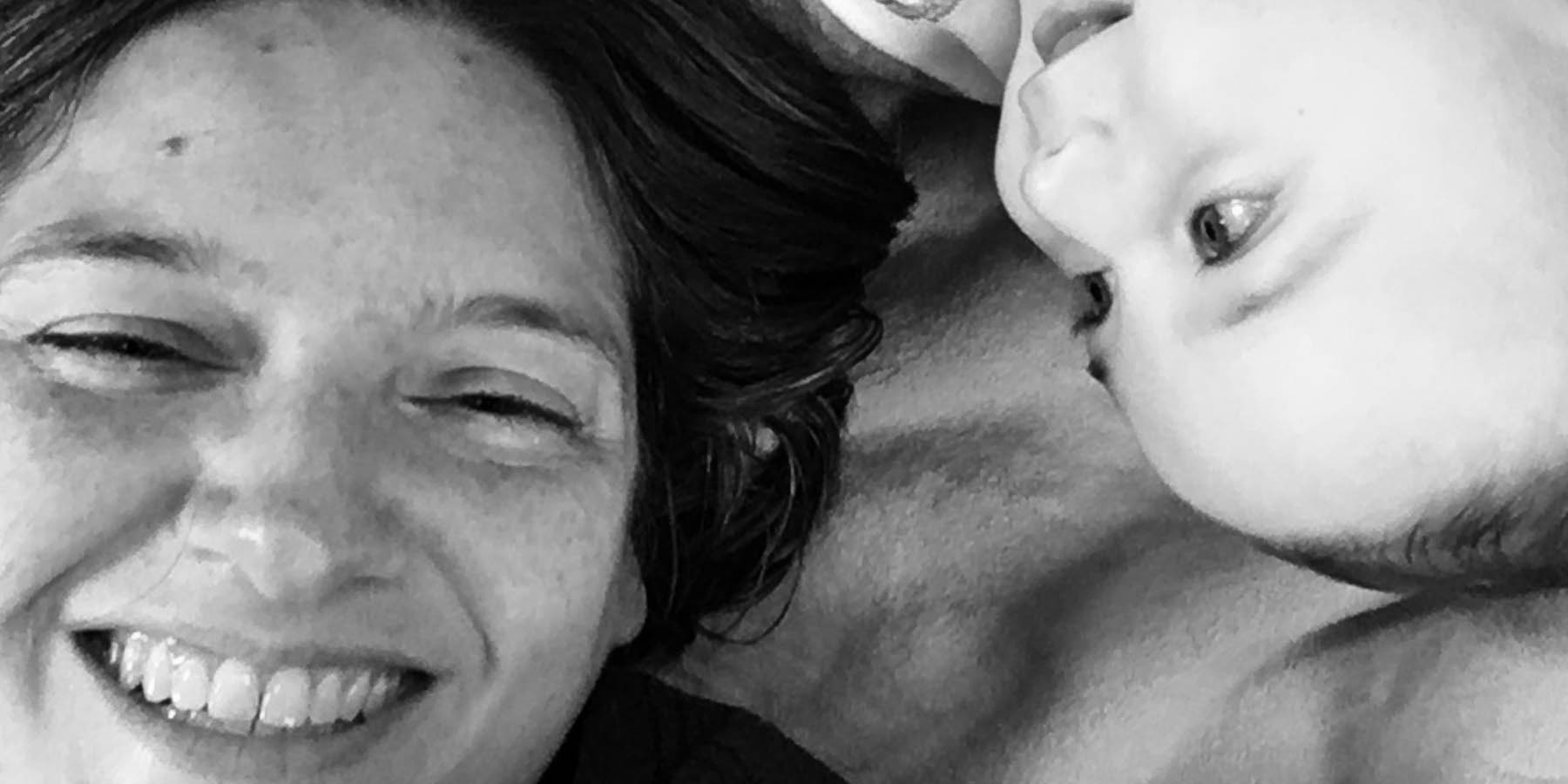Three Things I Wish I’d Known Before Adopting
To say that I was ignorant about adoption before we actually adopted would be an understatement. As adoption sort of just fell into our laps, we had to learn quite fast. I was quickly amazed at how much I did not know and how many myths about adoption I had previously believed. There was so much pertinent information that I learned both before and after adopting. Becoming educated on adoption in general and dispelling myths before adopting will make all the difference. I am continuing to learn daily, however, here are a few things I wish I had known sooner!
- Adoption Is Attainable Even If You Aren’t Rich
My husband and I had always planned to adopt. We knew we wanted to and were called to adopt. However, we were very disheartened that it would never happen due to the high cost. We are only middle class and simply destined to never be rich. The only examples of adoption we saw were those who had money to burn. It wasn’t until the adoption was presented to us that we found out we could find ways to afford it. Through a low-interest loan, budgeting, and crowdfunding, we have now adopted twice. Our first adoption was from foster care which costs next to nothing. Knowing that adoption was attainable would have certainly made us consider adoption sooner. I now use my experience to educate others that adoption is possible for those with limited funds! It may take work, but it is certainly possible.
- The Need is Overwhelming
It is often difficult to fathom the need there is for homes for children. It is hard to see children in foster homes, orphanages, and on the streets. It is too difficult and too painful to try to comprehend the vast shortage of homes for these children. If the world really understood and had a full picture of the need, many would be shocked. According to Adoption.com, “ Worldwide, some 17,900,000 children are without families and living in orphanages or on the streets. They face a variety of health problems due to a lack of good health care and the proper attention required for healthy development.” 17,900,000. Just let that number sit with you for a moment. Not hundreds. Not thousands. Millions of children are without homes. If you are more concerned with what is happening within the United States, Adoption.com notes, “In 2012, 23,396 children reached 18 years of age in the U.S. foster care system.” 23,396 children ages out of the foster care system without a family to call their own. This is simply unacceptable. Entering into the adoption world and discovering the facts, my husband and I felt duty bound to act. When we can no longer pursue foster care or adoption, our time, our money, our support will go towards the goal of every child having a family.
- The Value of Birth Parents
I had only ever heard about closed adoptions. In my mind, adoption was taking a child who was abandoned or “given up” by someone who did not care for them and giving them a “real” family. I am aware of how horrible this sounds, but this was all that I knew. After my husband and I adopted, I could not imagine just leaving with my daughter and her never knowing her biological family. It just did not make sense to me. I could see the love they had for her and how much it was never a situation where she was not wanted. She was incredibly loved. Her birth mother, though she could not parent, would have parented her in a heartbeat if she could have. She loves her more than anything in the world just as a great mother would. There seems to be this negative stereotype of birth parents I wish would finally be put to rest. While there are situations that warrant closed adoptions, there is rarely a situation where a birth parent doesn’t “deserve” contact with their child as the stereotype proclaims. Many of these people are mothers and fathers who simply chose what was best for their child out of love. I have met and spoken with so many amazing birth parents who continue to want the best for their children while sacrificing the life they wanted for the life they could give their child. If that does not make a person deserving of love and respect, I don’t know what does.
I have learned an incredible amount about adoption since adopting and becoming an adoption advocate. I am continuing to learn with each new day. As my children grow, their ability to adapt and understand their own story is inspiring. Regardless if you plan to adopt, support adoption, or simply want to understand adoption, the best thing you can do is to educate yourself through the experiences of others. Do not let your assumptions or stereotypes guide you. Spend some time on sites like Adoption.com reading articles and learning about the beautiful journey adoption provides.








